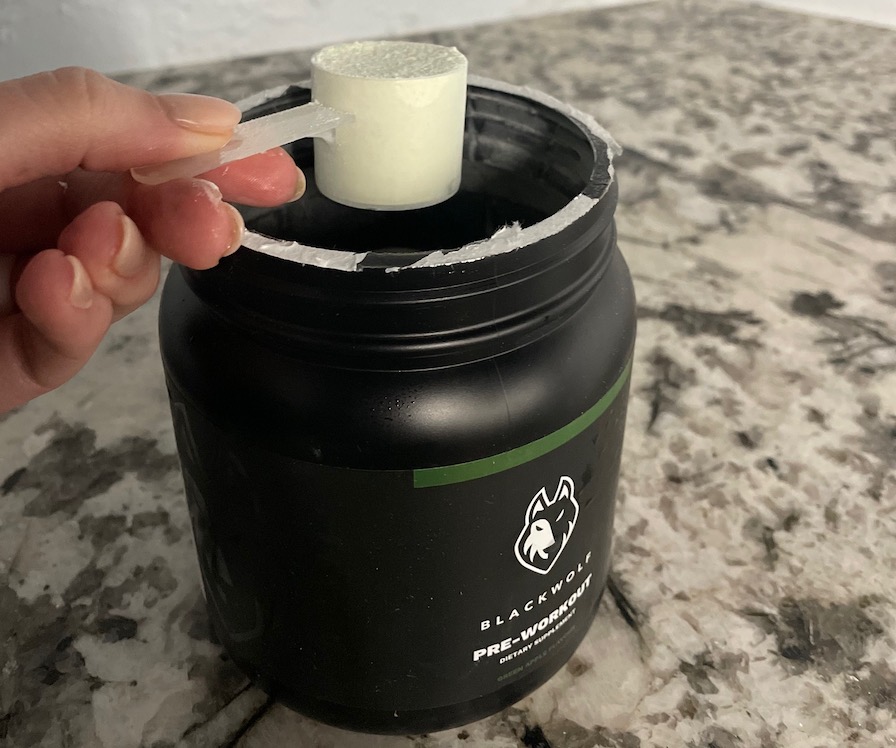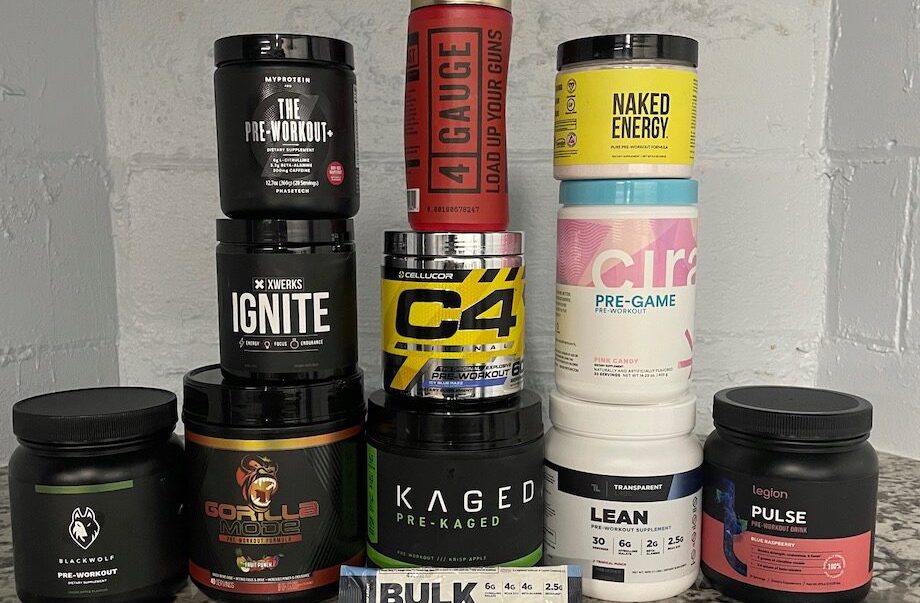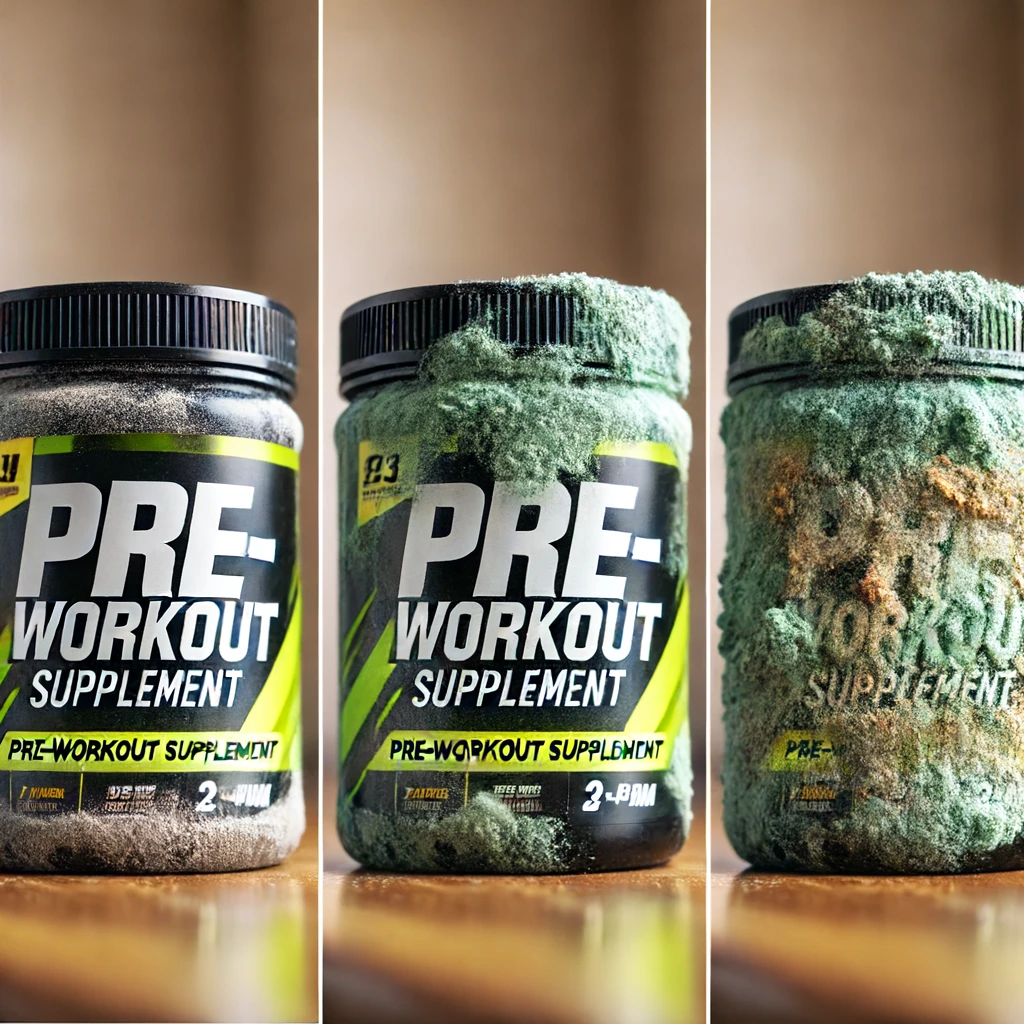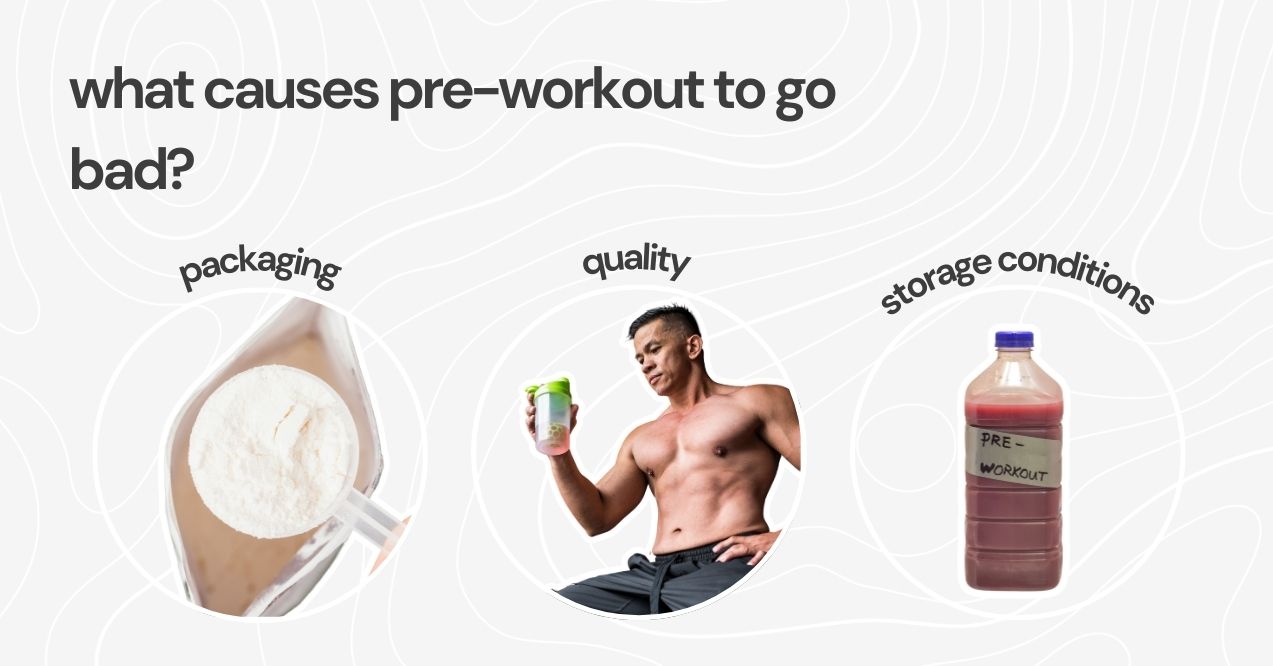Can I Drink Expired Pre Workout

The alarm blares, you drag yourself out of bed, and the gym beckons. Reaching for your pre-workout, you notice the dreaded date – it expired months ago. A wave of uncertainty washes over you: is it safe to consume? Will it even work? The question of drinking expired pre-workout is surprisingly common, and the answers are nuanced, demanding a close examination of safety, efficacy, and ingredient degradation.
This article dives deep into the science and safety surrounding expired pre-workout supplements. We explore the factors that influence the degradation of pre-workout ingredients, the potential health risks involved in consuming expired products, and ultimately, offer informed guidance on whether or not you should toss that old tub.
Understanding Expiration Dates
Expiration dates on supplements, including pre-workouts, are typically "best by" dates rather than strict "use by" deadlines. This means the manufacturer guarantees the product's potency and quality until that date, as stated by the Food and Drug Administration (FDA). Beyond that date, the manufacturer makes no such guarantee.
The FDA provides guidelines for food and drug manufacturers, including supplements. They do not require expiration dates but advise manufacturers on implementing them to indicate product quality and safety over time.
The Breakdown: Ingredient Stability
Pre-workout supplements are complex mixtures containing ingredients like caffeine, creatine, beta-alanine, and various vitamins and amino acids. Each ingredient has its own stability profile, meaning it degrades at a different rate and under different conditions.
Caffeine, a common stimulant, is generally stable. Its potency might diminish slightly over time, but it's unlikely to pose a health risk. Creatine, another popular ingredient, can degrade into creatinine, a byproduct that's naturally present in the body.
Beta-alanine is relatively stable, but some vitamins and amino acids are more susceptible to degradation, especially when exposed to moisture, heat, or light. This degradation can lead to a loss of effectiveness.
Potential Risks of Consuming Expired Pre-Workout
While some ingredients may simply lose potency, there are potential health risks associated with consuming expired pre-workout. One of the primary concerns is the increased risk of microbial contamination.
Expired supplements, especially those stored improperly, can become breeding grounds for bacteria and mold. This contamination can lead to gastrointestinal distress, including nausea, vomiting, and diarrhea.
Furthermore, the degradation of certain ingredients can produce harmful byproducts. While the risks are relatively low with most pre-workout ingredients, it's crucial to be aware of the possibility. An important safety aspect to remember is the storage of the supplement.
Visual Inspection and Smell Test
Before considering consuming expired pre-workout, carefully inspect the product. Look for signs of clumping, discoloration, or changes in texture. These could indicate moisture contamination or ingredient degradation.
A significant change in smell is also a red flag. If the pre-workout smells musty, sour, or otherwise off, it's best to discard it. These signs can be indicators of potential bacterial or fungal growth.
If there are any observable signs of change in the supplement, avoid consuming it. It is safer to simply throw it away.
Expert Opinions and Recommendations
Many nutritionists and fitness professionals advise against consuming expired pre-workout supplements. They emphasize that the potential risks outweigh the potential benefits, especially given the availability of fresh, safe alternatives.
"While the risk of serious harm may be low, there's no guarantee of safety or efficacy with expired pre-workout," says Dr. Emily Carter, a registered dietitian specializing in sports nutrition. "It's simply not worth the risk."
The International Society of Sports Nutrition (ISSN), a leading organization in the field, generally recommends adhering to expiration dates on supplements to ensure optimal quality and safety. It is best to simply purchase a new preworkout.
Storage Matters: Extending Shelf Life
Proper storage can significantly extend the shelf life of pre-workout supplements, although it won't make them last indefinitely. Store pre-workout in a cool, dry place away from direct sunlight. Moisture is the enemy of supplements and can lead to clumping and degradation.
Keep the container tightly sealed to prevent air and moisture from entering. Consider using desiccant packets to absorb excess moisture. A dark, dry pantry or cupboard is ideal.
The Verdict: To Drink or Not to Drink?
Ultimately, the decision of whether or not to drink expired pre-workout is a personal one. However, based on the available evidence, it's generally not recommended. The potential risks of microbial contamination and ingredient degradation outweigh the potential benefits of a slightly cheaper boost.
If the pre-workout is only slightly past the expiration date, shows no signs of degradation, and has been stored properly, the risk may be minimal. However, it's impossible to guarantee its safety or effectiveness.
When in doubt, throw it out. Your health is more important than saving a few dollars. It is always better to be safe than sorry.
Looking Ahead: The Future of Supplement Labeling
The debate surrounding supplement expiration dates highlights the need for clearer and more consistent labeling regulations. Consumers deserve accurate and reliable information about the shelf life and safety of the products they consume.
There is a growing movement towards implementing stricter labeling requirements for supplements, including more detailed information about ingredient stability and storage guidelines. This would empower consumers to make more informed decisions about their health and wellness.
Ultimately, staying informed, exercising caution, and prioritizing your health are the best strategies for navigating the world of dietary supplements. Always consult with a healthcare professional or registered dietitian before starting any new supplement regimen, especially if you have underlying health conditions.


















